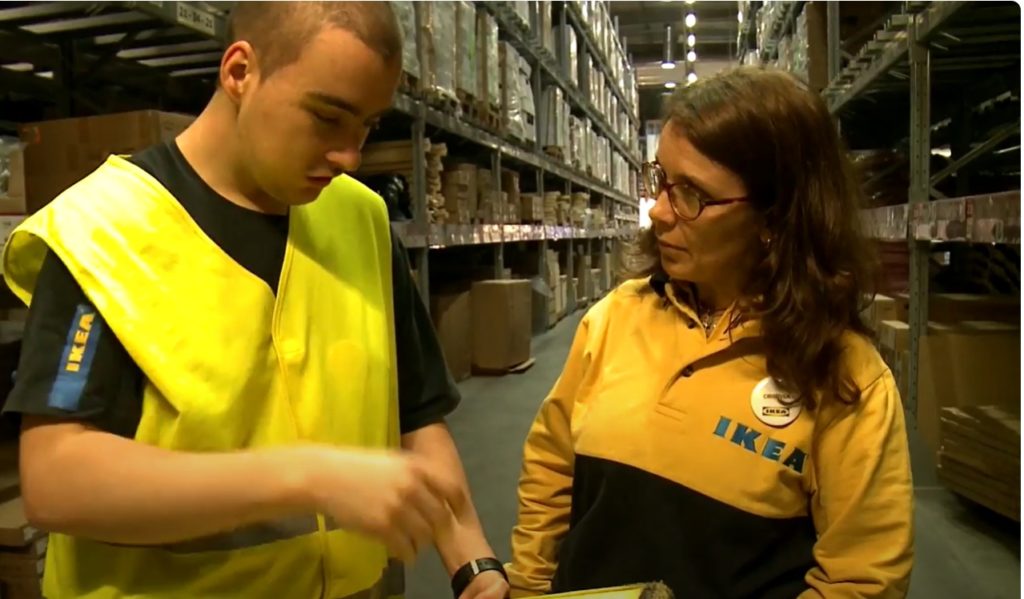Inclusion at the core of the DiTL project
Inclusion in the labour market is not only a matter of opportunity – it is also about building a fairer and more equal society. Within the DiTL project, we focus particularly on the logistics and transport sector, a field full of potential for creating sustainable and meaningful employment for people with disabilities.
The power of partnerships
A key factor in achieving this mission is the development of strategic partnerships between companies and institutions. One partnership that perfectly illustrates this is the collaboration between the AFID Diferença Foundation and IKEA.
This relationship, which has grown over the years, has had a tangible impact on the lives of many trainees. It demonstrates how cooperation between the social sector and private companies can open doors to professional growth, social participation, and personal empowerment.
Real impact on trainees
By being integrated into IKEA’s multidisciplinary teams, trainees are given the chance to:
- Develop and strengthen their skills,
- Gain autonomy and self-confidence,
- Improve their quality of life,
- Actively participate in society.
These opportunities go beyond professional training. They represent a pathway towards independence, dignity, and long-term inclusion.
Benefits for companies
Inclusion is not a one-way process. Companies like IKEA also benefit by welcoming diverse profiles into their teams. This approach allows them to:
- Foster a diverse and innovative work environment,
- Encourage the breaking down of stereotypes and prejudices,
- Reinforce their corporate social responsibility values.
In short, inclusion is a win–win approach that enriches both individuals and organisations.
Daily contributions in the workplace
The tasks performed by trainees at IKEA highlight their contribution to the efficiency and performance of the company. Their responsibilities include:
- Stock management: monitoring product availability,
- Storage: ensuring products are well organised in warehouses,
- Restocking: making sure shelves are filled and ready for customers.
These activities are essential to the daily functioning of a large retail environment and show how inclusion translates into concrete, valuable work.
Inclusion as a shared responsability
At DiTL, we strongly believe that including people with disabilities in the labour market is not just a social duty but also a strategic opportunity. It leads to more chances for those who are often excluded and helps shape a more balanced and equal society for everyone.

